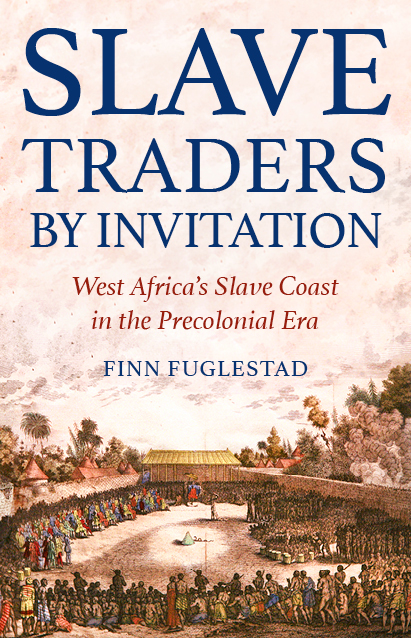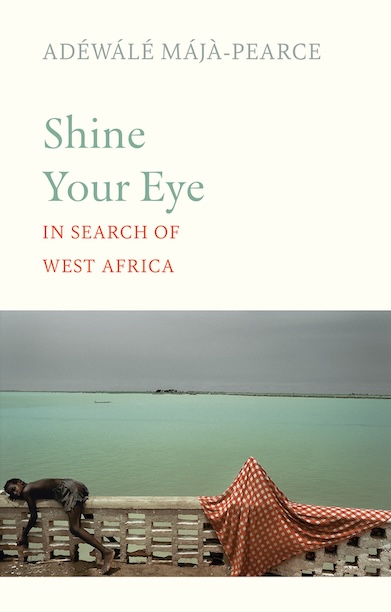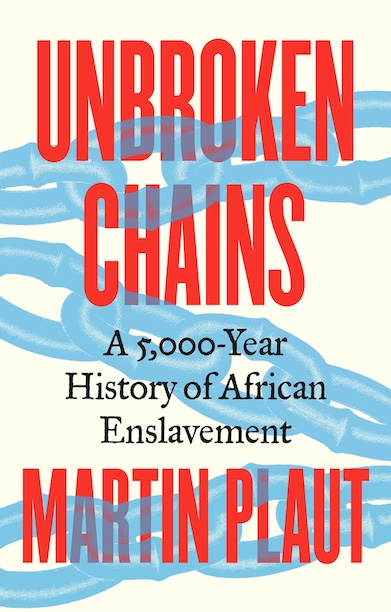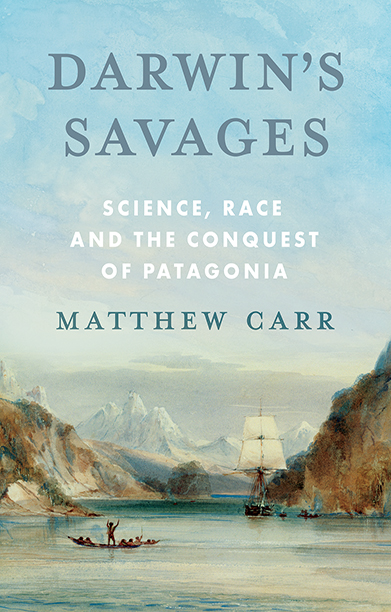Slave Traders by Invitation
West Africa’s Slave Coast in the Precolonial Era
A frank reassessment of agency in the West African slave trade, exposing how local polities, not Europeans, called the shots.
Description
The Slave Coast, roughly the shores of present-day Benin and Togo, was the epicentre of the Atlantic Slave Trade. But it was also an inhospitable, surf-ridden coastline, subject to crashing breakers and devoid of permanent human settlement. Nor was it easily accessible from the interior due to a lagoon which ran parallel to the coast. The local inhabitants were not only sheltered against incursions from the sea, but were also locked off from it.
Yet, paradoxically, it was this coastline that witnessed a thriving long-term commercial relationship between Europeans and Africans, based on the trans-Atlantic slave trade. How did it come about? How was it all organised? And how did the locals react to the opportunities these new trading relations offered them?
The Kingdom of Dahomey is usually cited as the Slave Coast’s archetypical slave raiding and slave trading polity. An inland realm, it was a latecomer to the slave trade, and simply incorporated a pre-existing system by dint of military prowess, which ultimately was to prove radically counterproductive. Fuglestad’s book seeks to explain the Dahomean ‘anomaly’ and its impact on the Slave Coast’s societies and polities.
Reviews
‘A well-paced narrative that is grounded in rich archives, attention to technical and infrastructural details, and rich secondary literature. The book successfully stresses the agency of Africans—those invited to participate in selling their fellow citizens—and connects its core issues to larger debates on commerce and profit, motivation and morality, activities and outcomes’ — Toyin Falola, The Jacob and Frances Sanger Mossiker Chair in the Humanities and University Distinguished Teaching Professor, University of Texas
‘Fuglestad confronts the uncomfortable fact that the abhorrent Atlantic slave trade was, in many respects, a series of transactions as well as a sequence of atrocities. This is a major contribution to African and Atlantic history based on painstaking archival research and a long-term scholarly engagement with the history of the region.’ — Richard Rathbone, Professor of African History, School of Oriental and African Studies, University of London
‘This study obliges us to rethink many assumptions about the Atlantic slave trade and precolonial African societies. Reminding us how limited our historical knowledge of the Slave Coast is, Fuglestad nevertheless succeeds in presenting a plausible account of why so many Africans chose to participate in the “South Atlantic system”.’— Professor Adam Jones, University of Leipzig
Author(s)
Finn Fuglestad is Professor Emeritus of History at the University of Oslo. He is the author of eleven books including A History of Niger, 1850-1960.






